Path Forward After Vape-Related Deaths
Hear from some of Atlanta's foremost experts and educators about the current state of vaping legislation, and what the next steps may be.
This week’s headlines have been dominated by vape-related disease and death, and policymakers’ attempts to address the issue.
Last December, the AJT spoke to a number of Atlanta vaping and addiction experts on the dangers, concerns and initiatives surrounding the topic. With the subject once again the focus of conversation and of concern to teachers, parents and community members, several counselors, educators and addiction experts discussed the issue in depth.
Hear their thoughts on the current status of vape regulation, the potential for banning flavored liquids and oils, and the next steps in the fight against vaping.
Recently Atlanta Mayor Keisha Lance Bottoms signed legislation that bans smoking and vaping in restuarants, bars, workplaces and more. That ban takes effect Jan. 2, 2020.
Vape Outbreak
At deadline, there have been seven vaping-related deaths reported nationwide. As of Sept. 11, the Centers for Disease Control and Prevention also reported 380 cases of lung illness associated with the use of e-cigarette products reported from 36 states, including Georgia.
These stories are tragic, and much attention has zeroed in on the lack of regulation within the vape industry and availability of unknown, untested, black-market products.
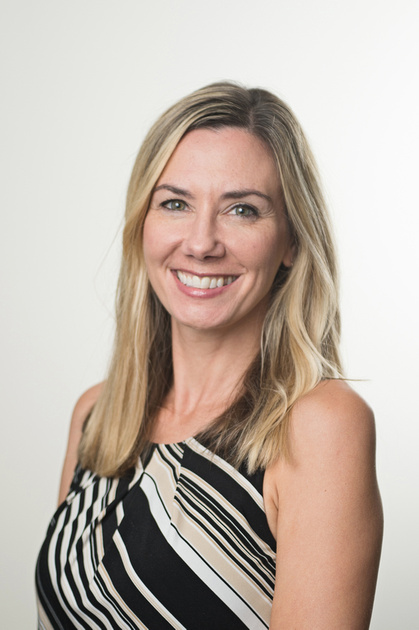
“There are 400 possible cases of disease and the CDC is calling this an outbreak – not quite an epidemic – but that’s very concerning,” said Christine Storm, regional director of education for Caron Treatment Centers. “The only chemical that they really have isolated as the consensus for potential harm is vitamin E acetate that seems to be found in a lot of black-market THC oils.”
Much of Caron’s work on vaping has focused on prevention. Bethany Moistner is a student assistant specialist at Caron who works with metro Atlanta schools on Caron’s CONNECT nicotine cessation program. She explained that because of the quick rise of vaping, not much research has been done on the health effects.
“We’ve been telling kids for years that they’re going to be the guinea pig generation for what potential health consequences this can cause and what needs to change,” she said.
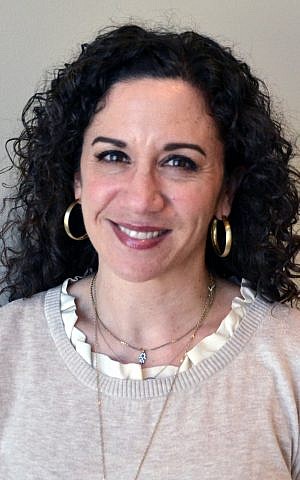
Leslie Lubell is program manager for HAMSA or Helping Atlantans Manage Substance Abuse at Jewish Family & Career Services. She explained that a lack of research, combined with the absence of regulation, has led to an industry that is booming with little concrete knowledge of the risks involved.
“It’s a highly unregulated industry,” she said. “Most of what is being sold doesn’t go through any quality control or testing, and there’s no industry standards for what chemicals are safe or unsafe to put in these products. So, this was already a scary enterprise before hearing that people were getting sick.”
Flavor Bans
One proposed solution to some of the issues with vaping is to ban flavored liquids and oils that have become popular and, according to critics, appeal especially to younger audiences. President Donald Trump’s administration announced Sept. 11 that it was preparing to ban those non-tobacco flavors.
“The big thing with flavors is that it can be incredibly enticing to young people,” Storm said. “Kids first start vaping for a variety of reasons, a lot of times peer pressure and wanting to fit in, but it doesn’t feel like a scary thing to do when it’s mango-flavored.”
Moistner agreed, noting that the flavors could create a perceived separation between vaping and traditional smoking or nicotine use.
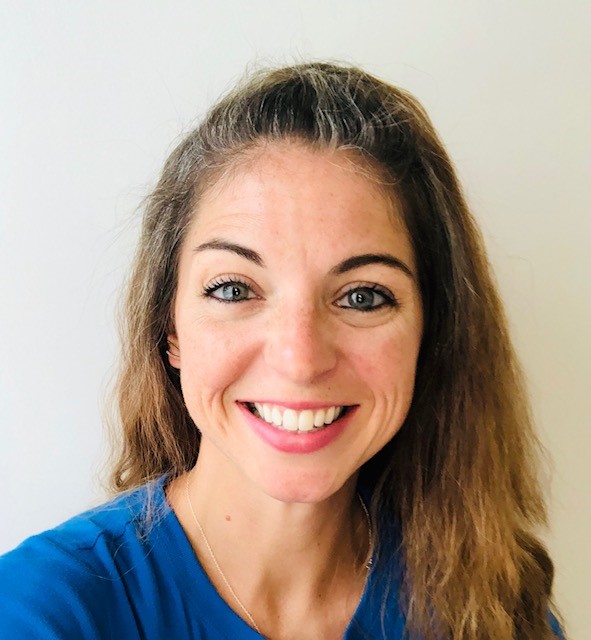
“If you ask the students I work with in Atlanta what is in a vape, many would say water and flavoring,” she said. “They don’t even realize that there are high levels of nicotine in the vape that they’re ingesting. There is a real stigma around cigarettes, … but they don’t compare the two at all.”
Lubell explained that banning flavored products would be a step in the right direction, but doesn’t view it as a solution to the underlying problem.
“It’s a Band-Aid. Of course, we want to see dangerous products that appeal to and are marketed to minors taken off the shelves and made less accessible, and we need to empower our kids to make good decisions by presenting them with reliable information about the risks associated with using these products,” Lubell said. “I think we need to be more focused on why kids are using these products in the first place, and how to empower them to make intrinsically motivated decisions.”
Why Vape?
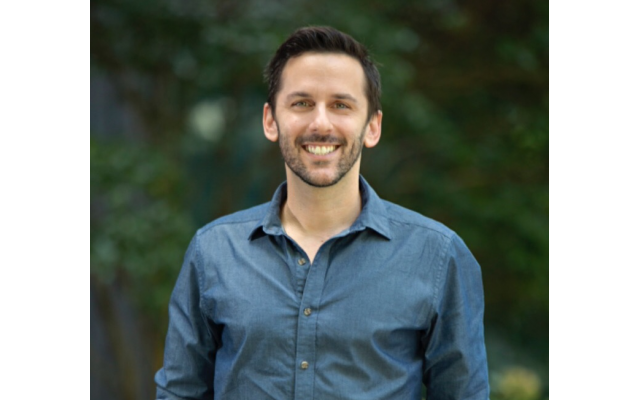
“There are people using vaping to quit smoking cigarettes,” said Daniel Epstein, director of client services for The Berman Center, an addiction treatment center. But he explained that was not the case for teens. “That’s a different story from going from zero to one — no nicotine use to vaping — there’s nothing healthy about that.”
The 2018 U.S. Food & Drug Administration National Youth Tobacco Survey found that e-cigarette use among high schoolers was rising at an alarming rate, increasing 78 percent from 11.7 in 2017 to 20.8 percent in 2018. It also found that tobacco use was on the rise with high schoolers, reversing previous trends of decline.
While the initial causes of first vaping can be wide and varied, Moistner pointed to curiosity and wanting to blend in as two common “whys” Atlanta-area students share with her. The reasons they continue to vape are more complicated, she said.
“One of the biggest things is stress,” Moistner said. “I think we don’t often give teenagers enough credit or we dismiss it because they don’t have the same stressors that adults have. … They have a lot of stress and don’t really know how to deal with that.”
Schools Address Vaping
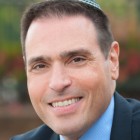
Rabbi Ed Harwitz, head of school at The Weber School, noted that one means through which they were addressing these complicated subjects was through the new Weber sports science academy.
“The goal is to provide a series of courses and programs around health and wellness,” he said. “Given recent data and that there have been tragic situations with vaping, we want to raise awareness even more. The sports science academy gives us a formal setting where it can be talked about and broken down and students can learn scientifically what the impacts are.”
The Atlanta Jewish Academy also revamped its substance abuse programming and provided an education opportunity for parents on Monday. In partnership with The Berman Center, the discussion touched on a number of substance abuse issues, including vaping.
“We had this program Monday night with The Berman Center to do a show-and-tell for parents and show them what vape pens look like and what parents should look out for. … We’re thrilled with that partnership and with providing parents knowledge and support,” said AJA High School Counselor Pam Mason.
Beyond that conversation, the new programming also allows juniors and seniors to work with The Berman Center to become effective peer leaders capable of supporting seventh- through 10th-graders.
Home Plate
One common theme for many of those interviewed was the importance of honest and open conversations, beginning at the home level.
“I really encourage parents to communicate their values and standards that they expect,” Epstein said. “Make it clear that this is not something that we do, but having a conversation about the boundaries is very important.”
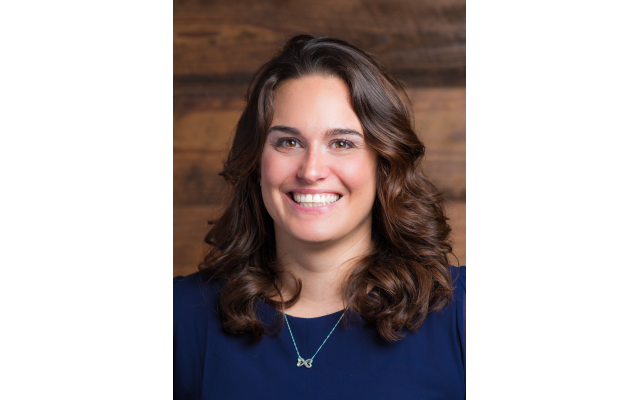
Kelly Cohen, director of JumpSpark teen programming, explained that while they may want to have that conversation with their children, often parents can feel undereducated on these topics and not know where to turn.
“I think adults educating themselves and preparing to have some difficult conversations could go a long way,” she said. “Right now, I don’t feel like we’re talking about it enough.”
Storm and Moistner noted that modeling positive behavior was an important step for parents.
“Being a good role model for dealing with stress and anxiety is important,” Storm said. “We definitely learn our coping skills from our families and the people around us without even thinking about it.”



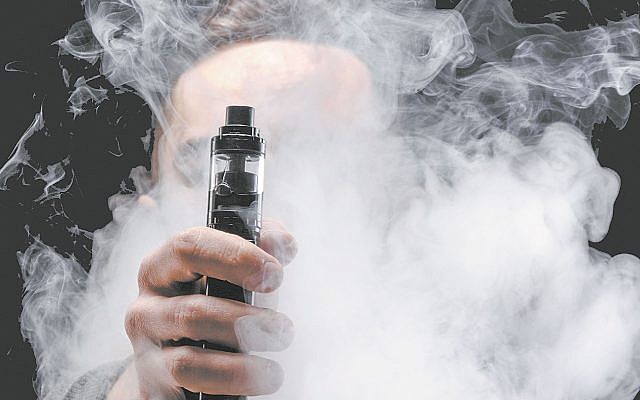
comments